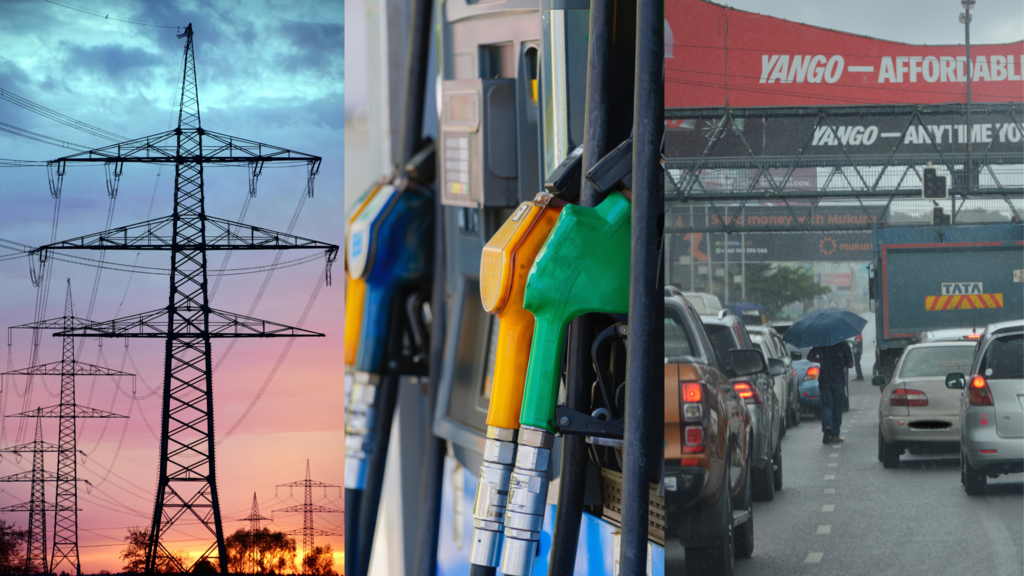
September BNNB Reveals Marginal Reduction in Cost, But Increase in Food Prices Continued Hardship for Lusaka Families
MONDAY, OCTOBER 6, 2025, LUSAKA – The Jesuit Centre for Theological Reflection (JCTR) today released its Basic Needs and Nutrition Basket (BNNB) findings for September 2025. The BNNB, which serves as a vital measure of the minimum standard required to uphold the Dignity of the Human Person, revealed a marginal decrease in the total cost for a family of five in Lusaka. The total BNNB reduced by ZMW 142.19, falling from ZMW 11,432.17 in August 2025 to ZMW 11,289.98 in September 2025.
Decrease Driven by Non-Food Essentials
The overall reduction was primarily driven by a significant fall in the cost of essential non-food items. The non-food subtotal saw a considerable drop of ZMW 154.69. This movement was largely attributable to a substantial decrease in the cost of charcoal (quantity of 180kg), which saw a reduction of ZMW 173.32, indicating a potential improvement in supply or seasonal easing of demand pressure on this essential energy source.
Food Basket Rises Amidst Protein Price Increases
Crucially, despite the overall marginal decrease in the total Basket, the Food Basket subtotal registered a slight increase of ZMW 12.50, moving from ZMW 4,905.44 to ZMW 4,917.94. This increase was fuelled by sharp spikes in key protein sources. The price of Kapenta (4kg) saw a massive surge, increasing by ZMW 147.35. Additionally, beef (2kg) and beans (4kg) also experienced notable increases, placing immense pressure on a family’s ability to secure adequate and balanced nutrition. These volatile rises were partially offset by favourable price movements in other key food items. The cost of essential Vegetables (40kg) recorded a significant drop of ZMW 220.08, along with decreases in the price of tomatoes (16kg) and rice (4kg).
Policy Imperatives: Upholding Human Dignity and the Call to Action
The JCTR asserts that the continued high cost of basic survival, remaining above ZMW 11,200, is a profound concern and a challenge to the Preferential Option for the Poor. To ensure that this September’s marginal reduction can be sustained and broadened for all citizens, the JCTR proposes targeted interventions rooted in the principle of Solidarity:
The JCTR calls on all actors, government, private sector, and civil society to work in solidarity to implement these measures and ensure that every Zambian family can live a life commensurate with fundamental human dignity.
Issued by: Edward Musosa – Social and Economic Development Programme Manager
For further clarifications, contact the Social and Economic Development (SED) Programme at the Jesuit Centre for Theological Reflection (JCTR) on 0955290410, or email info@jctr.org.zm and admin@jctr.org.zm. Address: Martin Mwamba Road, Plot 3813, Olympia Park, Lusaka. Postal: P.O. Box 37774, Lusaka – Zambia.